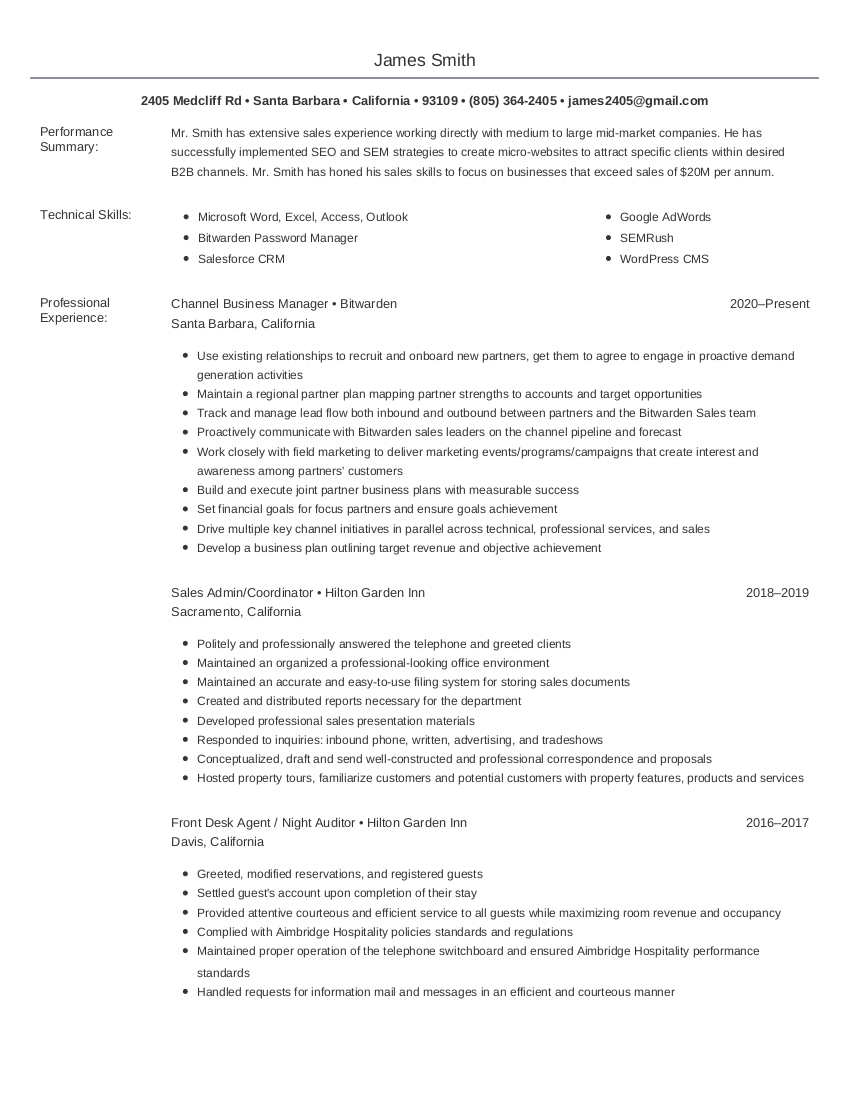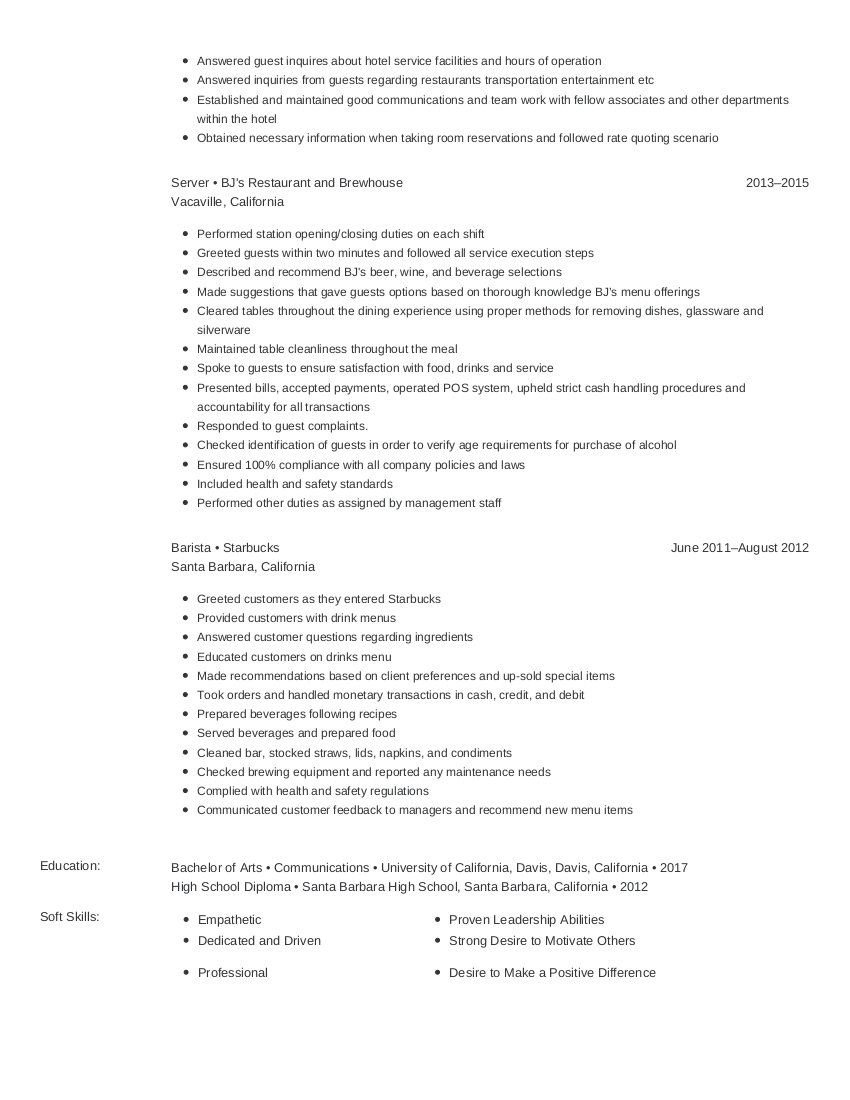Key Differences Between a Curriculum Vitae and a Resume
CV versus Resume
Today's job market is extremely competitive and on average, a corporate job opening may receive 250 resumes. Knowing when to use a curriculum vitae (CV) or a resume is key for job seekers. Although both tools help in job hunting, knowing their differences is critical. A CV, which means "course of life," details one's academic and professional journey. It has no page limits. Meanwhile, a resume—coming from the French word for "summary"—offers a brief look at a candidate's skills and achievements. It specifically tailors to the job, usually spanning one to two pages. The main goal, whether using a CV or resume, is to show you are the best fit for the job.
Key Takeaways
- Recognize the fundamental CV versus resume differences to optimize your job application documents.
- An understanding about CVs versus resumes can be crucial for targeting academic or specialized professional fields.
- A concise resume can be more effective for capturing immediate attention in the job market.
- Variances in CV and resume formats and lengths influence the showcasing of your career accomplishments.
- Knowing when to use a CV or resume depending on the job market and industry is essential.
- The choice of CV versus resume may vary internationally, impacting global job applications.
Understanding the Basics: Curriculum Vitae vs. Resume
When you're applying for jobs, knowing the difference between a CV and a resume is critical. Each has its own role and format. Understanding this can help you choose the right one for the target job.
Defining "Curriculum Vitae" (CV) and Its Origins
A curriculum vitae, or CV, offers a detailed view of your educational and professional life. It's a full document that you update with new achievements. In comparison, a CV covers everything from education to professional memberships, which is perfect for academic positions and fields.
Understanding the Resume and Its Purpose
In contrast, a resume is shorter and aimed at a specific job. It focuses on your skills, achievements, and relevant work history. A resume shows how you fit a particular job, usually with a cover letter.
Choosing between a CV and resume depends on your career goals. For academic jobs, a detailed CV is best, while most occupations outside of academia require a concise resume with bullet points. Picking the right template can boost your job application success and impress potential employers.
The Length Debate: CV vs. Resume
Choosing the right length for a CV or resume is key for job seekers. This sparks a common question: How long should each be? CVs and resumes target different industries that have distinct requirements, so their ideal lengths are not the same.
How Long Is a Typical CV?
A CV doesn't have a fixed length; therefore, there isn't a page count restriction. It shows your career path, covering academics, education, and work. A CV provides space to list your full history, which might take up several pages.
Optimal Length for a Resume
Resumes focus on being short and to the point. The advice on length says to keep resumes to one page to grab an employer's attention fast. If you have a lot of experience, you might need two pages. Still, highlight what matters most.
| Document Type | Ideal Length | Justification |
|---|---|---|
| CV (curriculum vitae) | 2–8 Pages | Designed to be comprehensive, including a full academic and professional history. |
| Resume | 1–2 Pages | Focuses on relevancy to the job, summarizing skills and achievements concisely. |
Content and Focus: Academic and Professional Highlights
The main difference between the content of a CV and a resume lies in their focus. A CV is an extensive document used mainly in academic circles and research positions. It details one's educational background and scholarly achievements. This might include everything from published work to research projects. Such detail is essential when applying for positions in academia or research.
In contrast, a resume provides a concise summary of skills and professional accomplishments designed for specific job roles in various industries. A resume highlights relevant work experience and shows how one has contributed to their field and has benefited previous employers.
| CV Content | Resume Content |
|---|---|
| Full education history including theses and dissertations | Relevant educational qualifications |
| Detailed list of academic accomplishments including fellowships, awards, and honors | Selected professional achievements tailored to the job |
| Comprehensive publication and presentation list | Key projects and contributions with measurable outcomes |
| In-depth descriptions of research projects and involvement | Professional skills applicable to job requirements |
| Teaching experience | Leadership roles and management experience |
| Grants and scholarships received | Industry-specific certifications and proficiencies |
The content difference is key in the CV versus resume discussion. It also matters when targeting your audience. A CV offers a complete view of your academic abilities. Meanwhile, a resume focuses on skills and experiences critical to industry needs.
Adapting to the Audience: When to Use a CV vs. a Resume
Academic and Research-Oriented Roles: Emphasizing CVs
In academia and research, the detail in a CV is important. It shows the depth of your knowledge and experience. A CV is often necessary in the following situations.
- Fellowship or grant applications, where candidates' qualifications are highlighted by detailed educational and project histories.
- Postdoctoral positions that often value detailed research experiences and publication records.
- Teaching positions at the tertiary level, where the extent of one's academic career is crucial.
- High-level research roles, specifically in specialized industries where exhaustive knowledge and experience are essential.
- Graduate school applications often require a CV to present a complete the applicant's academic portrait.
Industry Positions and Private Sector: Preference for Resumes
In the business world and most commerce-based industries, a resume's concise format is preferred. A resume is often necessary in the following situations.
| Industry Position | Resume Advantage |
|---|---|
| Non-Profit Organizations | Brevity and targeted skills effectively showcase one's capacity for the role. |
| Public Sector Jobs | Focused presentations of work history and competencies align with job specifications. |
| Industry After 1 Year of Experience | Resumes that lead with professional experience may increasingly favor the candidate. |
| Changing Careers | Emphasizing transferable skills and relevant achievements, a resume can bridge industry gaps. |
In the U.S., people often choose resumes for industry, non-profit, or public sector jobs. As you gain experience, you'll mention education less. This makes the concise resume very practical.
CV vs. Resume: Detailing the Differences in Format
A CV and a resume differ greatly in structure and purpose. While applying for jobs, it's vital to know these differences. It helps show your skills effectively. Let's look into CV structure and how resumes are more to the point.
Structural Nuances of a CV
A CV is detailed, showing your full educational and work history. It's a long document. It conveys everything you have achieved, your awards, and how you've contributed to your field.
Conciseness and Relevance in Resume Formatting
On contrast, resumes by design are concise, following a chronological or functional format. They focus on being clear and directly related to the job. A resume is a short overview of your abilities and experiences designed to quickly grab a hiring manager's interest. Therefore, you need to consider carefully every piece of information and its presentation.
| CV | Resume |
|---|---|
| Detailed academic and professional history | Concise summary of skills and experiences |
| Flexible length, often multiple pages | Typically 1–2 pages |
| Education, Publications, Research, Teaching Experience | Work History, Achievements, Relevant Skills |
| Commonly used in academia and research | Preferred in industry and business sectors |
| No standard page limit | Should be as brief as possible while covering all relevant information |
Global Variations: CV and Resume Use in the U.S. vs. E.U.
Understanding job application practices in different regions is key. In the U.S., CVs and resumes have distinct uses. A CV is for academia and research. A resume is standard for commerce, non-profit, and other industrial trades. This shows how the U.S. values concise documents in its fast work environment.
In the E.U., the CV is the main document for job applications. It serves for all job types, from university positions to corporate roles. Europeans create detailed profiles for various job scenarios. Unlike their U.S. counterparts, they don't need a separate cover letter to detail the resume's concise points.
Knowing the difference between a CV and resume is vital for those wanting to work abroad. With globalization, understanding these differences is more important than ever. Adapting to local employment practices is a key strategy for success.


